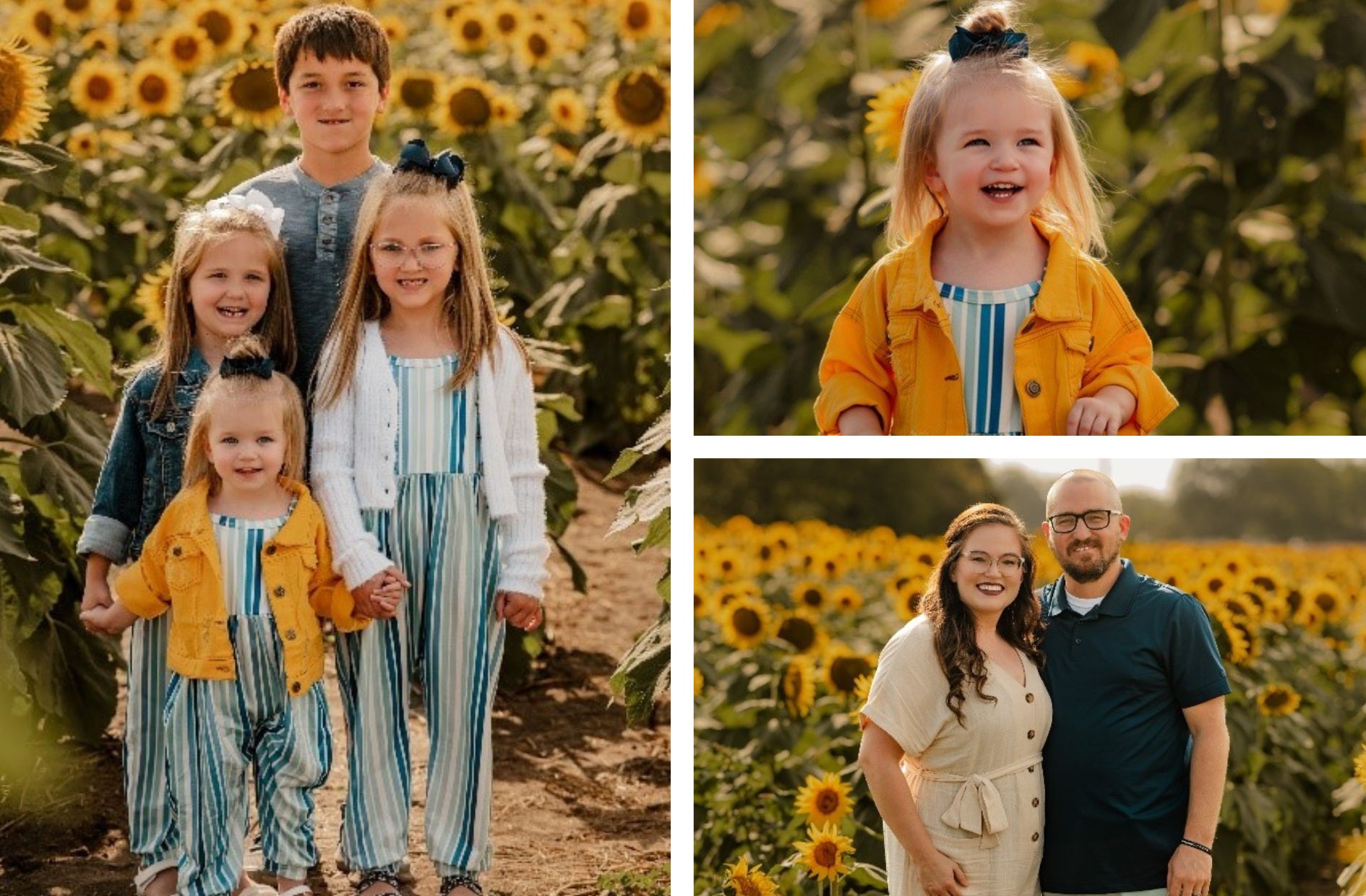OneWorld Community Health Centers is accustomed to change. The nonprofit has been evolving to serve the Omaha metro for the last 50 years — but never more rapidly than in the last few months.
“The pandemic has dramatically affected the work we do,” says CEO Andrea Skolkin.
OneWorld is headquartered in Douglas County’s top COVID-19 hot spot — the 68107 zip code area of South Omaha. Since March, Skolkin says, OneWorld has shifted resources to the main Livestock Exchange Building campus to open a separate COVID-19 clinic, implement new screening, testing and intensive case management protocols, devise a pharmacy walk-up and delivery program, and ramp up telehealth.
“In our medical clinic, 70 to 75 % of our visits are telehealth now,” Skolkin says. “We had a three-year plan that included primary care telehealth and pharmacy delivery services. Well, it’s all done now. We did that in the course of about two weeks.”
While OneWorld’s evolution hasn’t always been that fast, it has always been steady. Since opening in 1970 (as the volunteer-driven Indian-Chicano Health Center), OneWorld has moved into and expanded its current headquarters in South Omaha and opened satellite clinics in northwest Omaha, Plattsmouth and Bellevue. It has also launched school-based health centers in four Omaha public schools, mobile dental clinics, and two first-of-their-kind Teen and Young Adult Health Centers.
It all comes back to OneWorld’s belief that everyone deserves access to the best health care possible. The federally qualified health center offers primary care, dental and behavioral health services as well as affordable medications. It embraces an “open door” treatment policy — no one is turned away because of an inability to pay. Skolkin calls it “health justice.”
“There shouldn’t be one person in this community worrying about whether they can see a doctor,” she says.
OneWorld clinics cared for 50,182 patients in 2019, almost 4,000 more than the year before — a tribute to the expanding organization’s focus on increased health care access. Skolkin says more than half of OneWorld’s patients do not have insurance.
“I’m expecting to see that number rise this year with the pandemic’s high unemployment,” Skolkin says.
A true public-private partnership, OneWorld is supported by federal and state grants; billing for patient care to insurance, Medicaid and Medicare; sliding fees for uninsured patients; and philanthropy. Organizations, including Blue Cross and Blue Shield of Nebraska, have provided meals for the OneWorld staff during the health crisis. Others have donated personal protective equipment, including masks, gloves and gowns.
“It’s been wonderful to see how the community pitches in to help,” Skolkin says.
The OneWorld team — more than 500 strong — has been exemplary, as well, working tirelessly and bonding through their shared mission, she says. “Stepping up was not a question of ‘if’ we do it. Everyone was ready to do it. And they’ve done it with a lot of compassion.”
In mid-June, OneWorld opened a community COVID-19 drive-thru testing site at 50th and G Streets in partnership with the Douglas County Health Department, Nebraska Medicine and the University of Nebraska Medical Center.
Skolkin says the pandemic has underscored the importance of partnership and persistence, communication and innovation. “We continue to learn flexibility and being able to evolve.”







